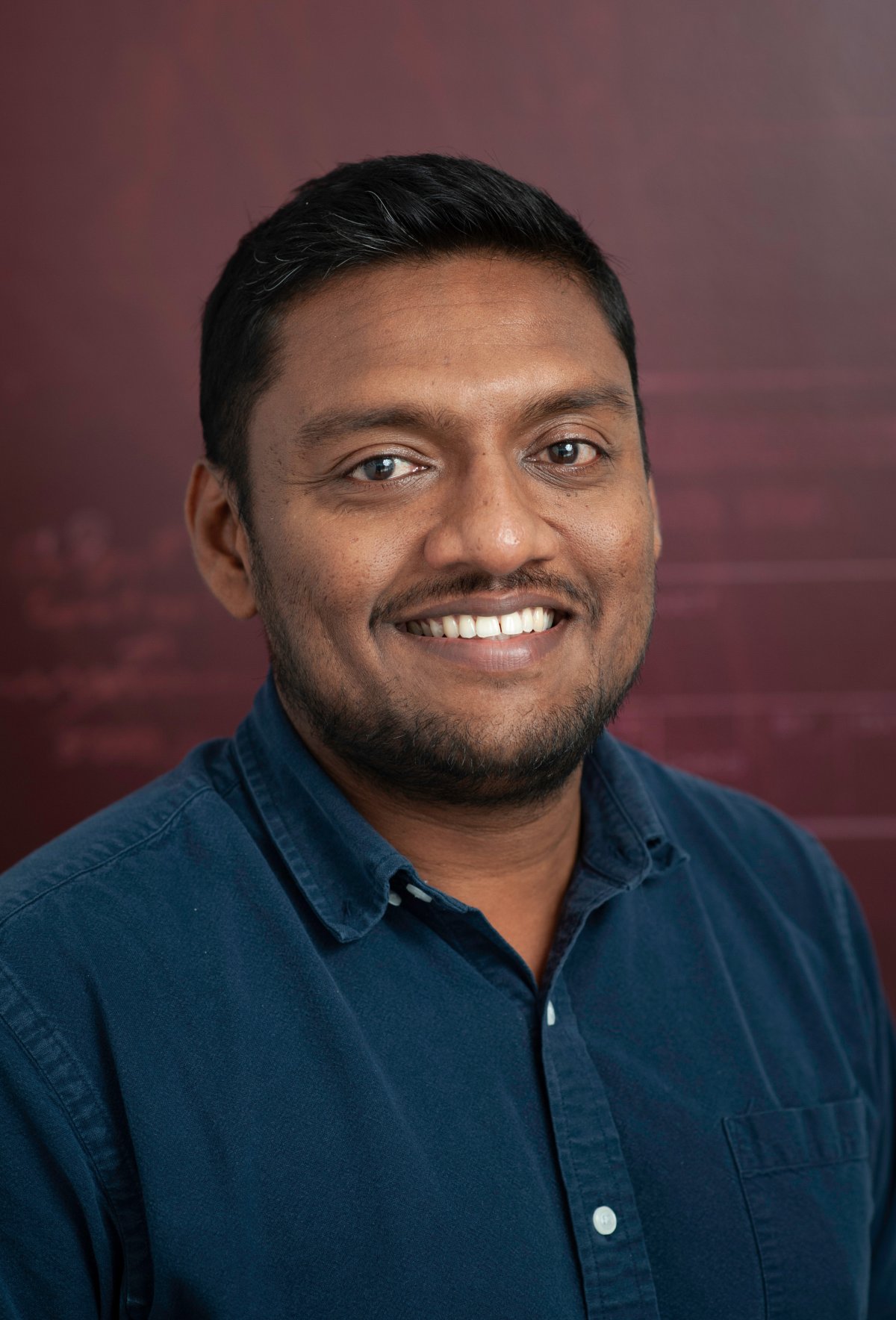CS&E Colloquium: Domain-guided Machine Learning for Healthcare
The computer science colloquium takes place on Mondays from 11:15 a.m. - 12:15 p.m. This week's speaker, Yogatheesan Varatharajah (University of Minnesota), will be giving a talk titled "Domain-guided Machine Learning for Healthcare."
Abstract
Recent advances in wearables, brain implants, and sensing technology have enabled us to design systems that continuously monitor patients' brain health and ascertain individualized treatments for neurological diseases. However, there is a lack of efficient methods that translate continuous physiological data streams into meaningful biological models of underlying diseases, relate them to existing clinical knowledge and biomarkers, and provide actionable treatment parameters. Machine learning (ML) holds great promise in tackling these challenges; however, the mainstream black-box-ML approaches have proven to be untrustworthy because of label inconsistencies, spurious correlations, and the lack of deployment robustness. My goal is to ensure trustworthiness in ML for healthcare, particularly neurology, via a novel framework known as “Domain-guided Machine Learning” or “DGML” that merges machine learning with clinical domain expertise. In this talk, I will discuss the need for trustworthy ML in healthcare, how to leverage clinical domain knowledge to engineer trustworthy ML models, and several real-world applications of DGML in neurological care and decision making.
Biography
Dr. Yoga Varatharajah is an Assistant Professor in Computer Science & Engineering at the University of Minnesota and a Visiting Scientist at the Mayo Clinic, Rochester. He leads the Health Intelligence Laboratory, where an interdisciplinary team of researchers work closely to develop novel ML-based solutions to improve disease diagnosis, clinical decision making, review of patient data, and discovery of new clinical knowledge. He obtained his Ph.D. in Electrical and Computer Engineering at the University of Illinois at Urbana-Champaign. Over the past seven years, he has been working closely with domain experts at Mayo Clinic and Cleveland Clinic to develop, evaluate, and deploy domain-guided ML models to inform clinical decisions related to neurological diseases. His research has been published at reputed engineering conferences (e.g., Neurips, ML4H, BIBM, ISBI, EMBC, NER) and medical journals (e.g., Scientific Reports, Journal of Neural Engineering, Brain Communications, Epilepsia, Neuroimage), has contributed to an ongoing clinical trial in neuromodulation for epilepsy, and has resulted in a joint patent between Mayo and Illinois. He also received several honors, including a CSL Ph.D. Thesis Award, a Mayo-Clinic-Illinois Alliance Fellowship, an American Epilepsy Society Young Investigator Award, an NSF CRII Research Initiation Award, NCSA Faculty Fellowship, and several best paper awards and nominations.
